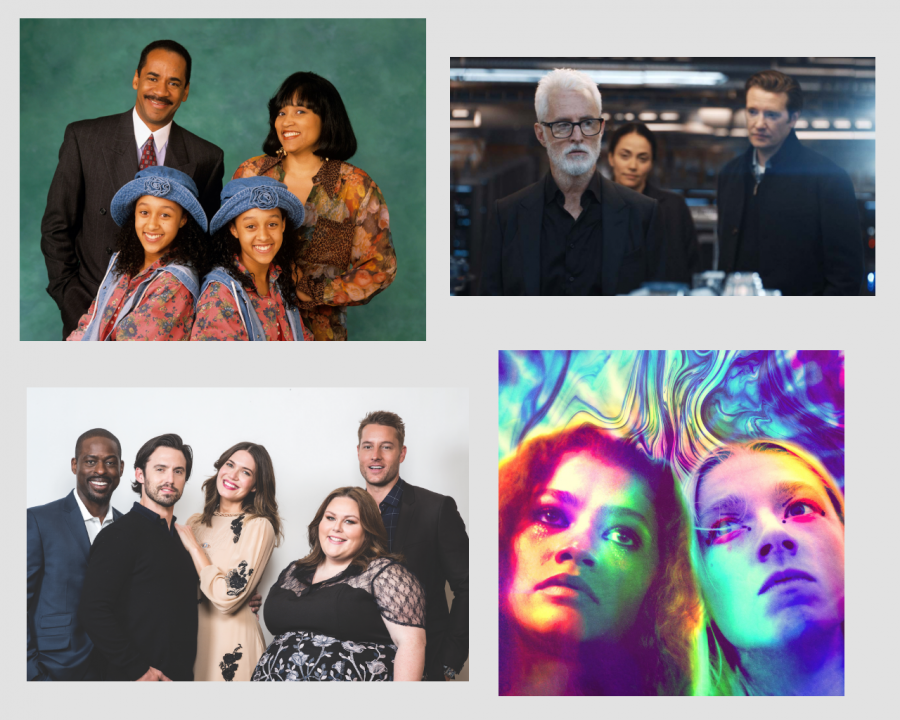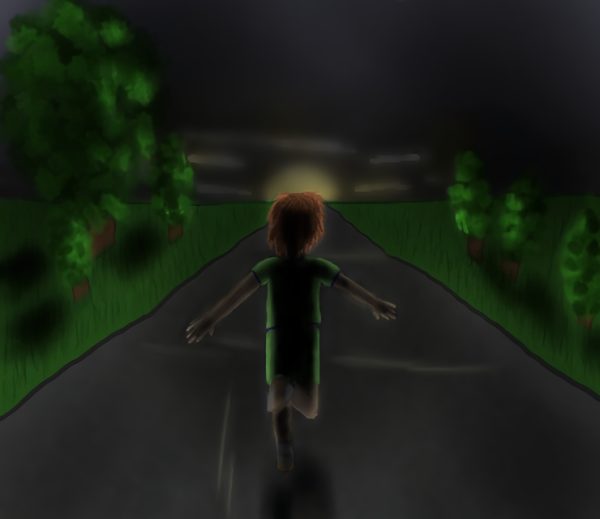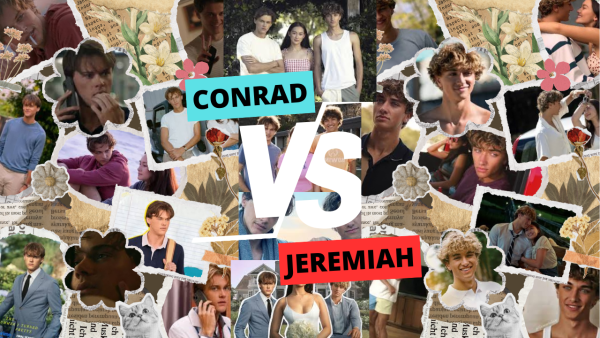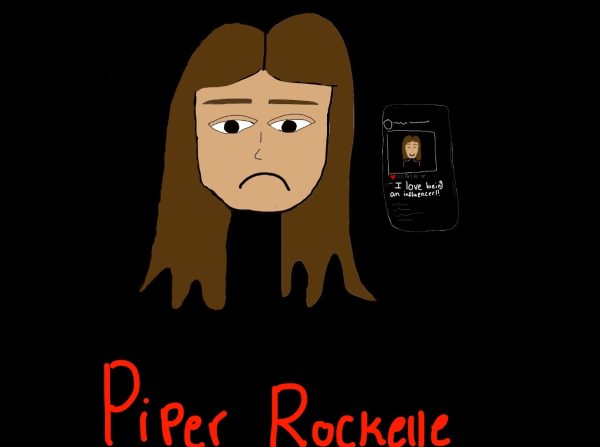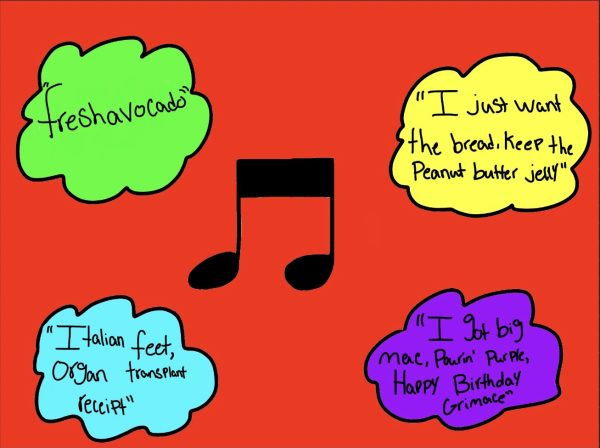Lack of new shows leaves viewers with limited options
Tilly Durand Mesrobian (via fair use)
Viewers have been keeping a close eye on titles like “Sister, Sister”, “Next”, “This is Us” and “Euphoria” during the last few months due to the way the pandemic affected each show.
Quarantine has led us into a frenzy to find good shows—and fast. You may have found yourself rewatching films you initially found dull. You may have caught yourself on the hunt for a new favorite show. But one thing is for certain—the sudden change in the pace of life has led us in front of our screens and simultaneously breathing down the necks of TV studios.
Multiple streaming services since mid-March have been finding new ways to keep their viewers satisfied, despite the state of the pandemic. Whether or not they’ve been successful doing so is another question. Some are charging extra money to view movies that would have been in theaters or postponing the filming of shows that are already on their platforms while others are completely content with attempting to take precautions and filming new shows in person. And in some cases, like Fox’s sci-fi drama “Next”, this has just resulted in halting production again after cast and crew members have been diagnosed with COVID-19.
Another trend unrelated to the coronavirus is that streamers such as Netflix have been known for cutting shows that were important and loved by underrepresented groups, and the pandemic has only continued this unfortunate trend. Netflix has been called out for cutting successful shows, especially some of the only shows with real LGBTQ+ representation on the platform. “The Society”, “Anne With an E”, and “AJ and the Queen” are just a couple examples of shows with LGBTQ+ representation that have been discontinued in recent months.
And many of the shows that do not get cancelled from Netflix are plagued with queerbaiting, which occurs when writers give viewers the impression that a character may be queer without true follow-through, and thus without true representation.
“Queerbaiting can be quite frustrating at times, especially when I get emotionally invested into a show, thinking that a piece of me will be finally shown to a wider audience,” Kiara Amezcua (11) said. “People nowadays use streaming services like Netflix, and if a certain group of people aren’t being represented correctly and appropriately, misconceptions can grow of said group.”
In the wake of the George Floyd protests, one pleasant surprise in the world of streaming services is the highlighting of Black voices and stories. For instance, Netflix released its “More Than a Moment” collection, featuring shows and movies with black representation. Hulu and HBO, among others, also created new sections of the platform dedicated to shows and films by Black creators and starring Black casts such as “Woke” and “Lovecraft Country”. A cynical interpretation would be that these companies are just trying to get more Black viewers, but a more forgiving media lover might admit that it’s just one thing these streamers could do to raise awareness about racism as racial tensions arose this past spring and summer.
Netflix has also begun to push its older TV shows out to its audiences, including some beloved Black sitcoms from the 1990s and 2000s. Entire runs of shows like “Sister, Sister”, “Moesha”, and “Girlfriends” have made their way onto the platform to scratch that nostalgic itch and introduce a new generation to some old classics. There has been a drought of shows on the platform featuring Black main characters for a while now, and now the pandemic might prove to be the beginning of a desperately needed watering.
Looking into the future, and especially with a vaccine now conceivably on the horizon, there is still much to look forward to. HBO’s “Euphoria” is beginning to film in-person again, with the cast wearing masks when not in front of the cameras and the crew masked at all times. NBC recently premiered season 5 of their hit show “This is Us”, which started production in mid-September, and has real events happening in real time, like the pandemic, embedded into its writing.
Regardless of the way that individual companies are responding to the Coronavirus, it is clear that juggling the interest of their audience and keeping the cast and crew safe is a struggle. At the end of the day, we will have to continue to wait and see how companies handle the virus while keeping our interest, and if they can continue to rely on our monthly subscription fees.
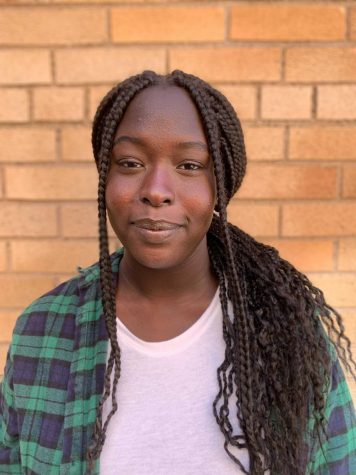
Kwot Anwey is a Senior at Columbia Heights High School and she is currently the Co-Editor-in-Chief of the Heights Herald. She enjoys journalism because...


